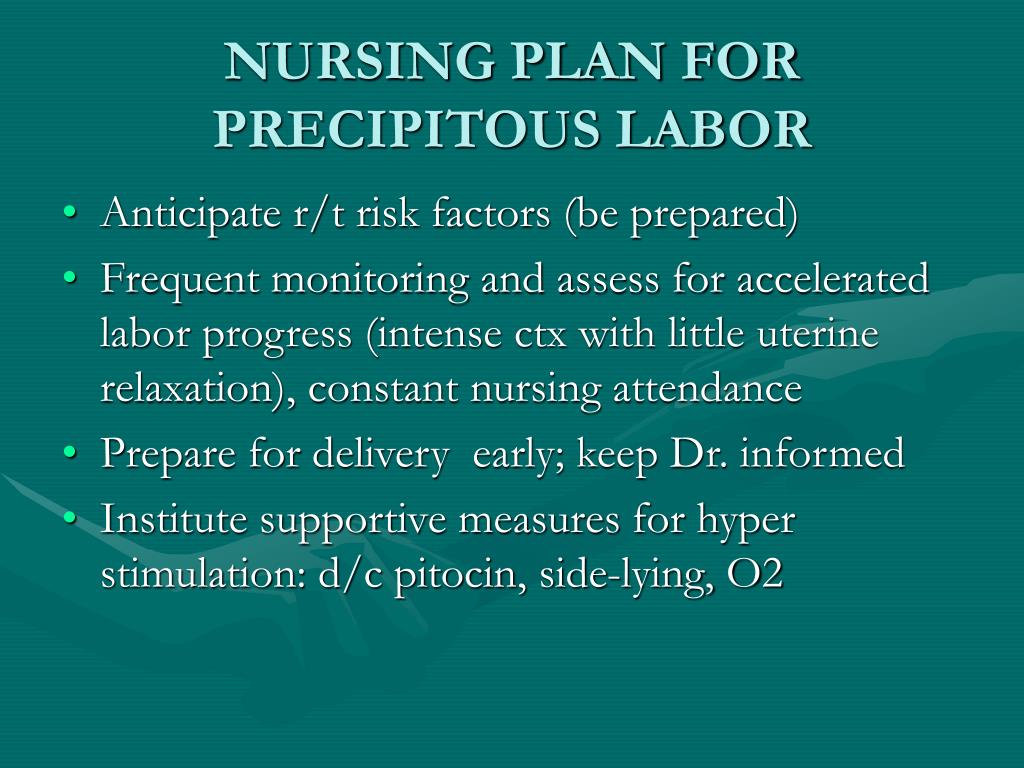
The sensation of pressure including an urge to push that comes on quickly and without warning.An intense pain that feels like one continuous contraction allowing no time for recovery.A sudden onset of intense, closely timed contractions with little opportunity for recovery between contractions.Other signs that you are having a rapid birth The best thing to do is give in and gently aid your body and deliver your baby without panicking. Your body will react without you helping it. If you are suddenly experiencing contractions one on top of another with little to no rest between them, your body is already transitioning and preparing for the second stage: pushing.

Handling these without fear is quite an accomplishment. Contractions seem irregular, unpredictable, too intense, and never-ending. Precipitous labor comes on like a freight train. having a female relative who also experienced fast labors.an unusually small baby a baby positioned extremely well to come out.a well-aligned pelvis, pubic bone and birth canal.extremely compliant soft tissues inside the birth canal.

Precipitate labor how to#
But you understand how to average, right? You add all the birth hours up and divide by the amount of mothers in the study(ies). (First time moms push over 2 hours on average, but that includes medicated mothers and unmedicated mothers.) The true reason is that studies show an average birth lasts 12-14 hours in length. The first reason being the “dilate a centimeter an hour” thing and another 2 hours for pushing. There are two reasons that doctors will tell you to expect labor to be around 12 hours.

I’m sorry to tell you that this is far from true for so many birthing women. You know, the dilating a centimeter an hour, and pushing immediately at 10 centimeters. It seems that the only acceptable vaginal birth is one that follows the not-so-normal bell curve that people assume labor to be defined.


 0 kommentar(er)
0 kommentar(er)
